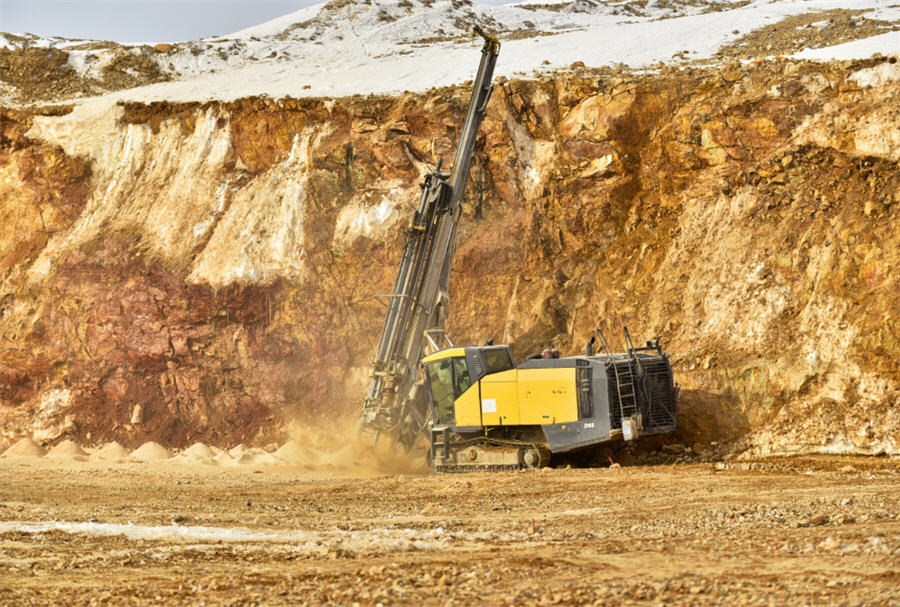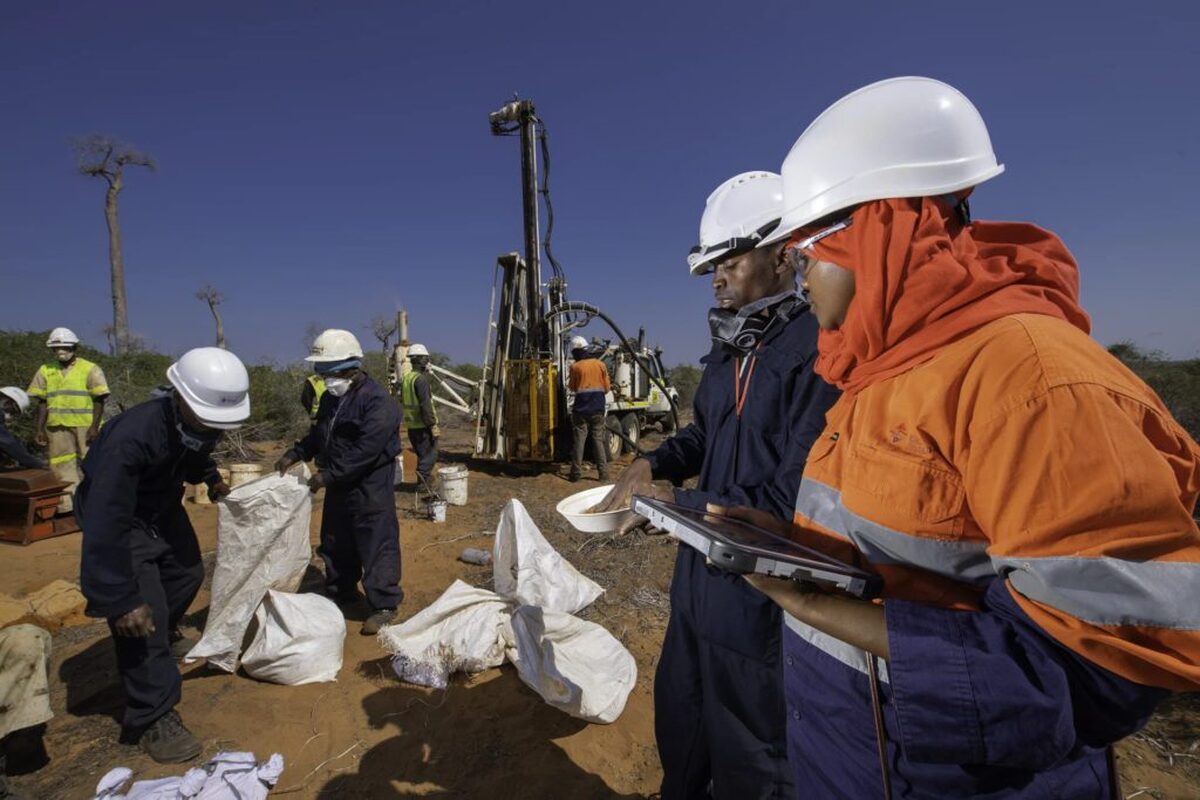
Russia’s Polymetal may invest in rare earth project to tap electric vehicle demand

Polymetal, in which Vitaly’s brother and Russian businessman Alexander Nesis holds the largest stake, said in August that it was considering acquiring minority stakes in domestic rare earth minerals projects, tapping into growing demand for commodities used in the production of electric cars.
Polymetal’s board of directors will consider investing in the Tomtor in the eastern Siberian region of Yakutia in December, Vitaly Nesis, Polymetal’s CEO, told reporters on the sidelines of a conference in Moscow.
The world’s main reserves of rare-earths, used in the production of a wide range of high-tech goods from mobile phones to electric cars, are currently concentrated in China
“We are likely to be talking about a small investment,” he said.
Polymetal previously advised on the development of technology for the project, but has said that it has no plans to change its main profile from being one of Russia’s largest producers of precious metals.
The world’s main reserves of rare-earths, used in the production of a wide range of high-tech goods from mobile phones to electric cars, are currently concentrated in China.
“Tomtor is a world-class deposit,” Vitaly Nesis said, adding that the company did not like other rare earth projects it had been looking at.
Alexander Nesis owns 75% of the project, with the remaining 25% held by Cyprus-based Zaltama Holding Ltd. Until recently, Zaltama was owned by Russian state conglomerate Rostec. Rostec withdrew from the project in August but did not say who the new owner was.
The project is expected to start production in 2022 and build a plant with capacity of up to 160,000 tonnes of ore per year by 2024.


Gold price edges up as market awaits Fed minutes, Powell speech

Glencore trader who led ill-fated battery recycling push to exit

Emirates Global Aluminium unit to exit Guinea after mine seized

Iron ore price dips on China blast furnace cuts, US trade restrictions

Roshel, Swebor partner to produce ballistic-grade steel in Canada

Trump weighs using $2 billion in CHIPS Act funding for critical minerals

US hikes steel, aluminum tariffs on imported wind turbines, cranes, railcars

EverMetal launches US-based critical metals recycling platform

Afghanistan says China seeks its participation in Belt and Road Initiative

Energy Fuels soars on Vulcan Elements partnership

Northern Dynasty sticks to proposal in battle to lift Pebble mine veto

Giustra-backed mining firm teams up with informal miners in Colombia

Critical Metals signs agreement to supply rare earth to US government-funded facility

China extends rare earth controls to imported material

Galan Lithium proceeds with $13M financing for Argentina project

Silver price touches $39 as market weighs rate cut outlook

First Quantum drops plan to sell stakes in Zambia copper mines

Ivanhoe advances Kamoa dewatering plan, plans forecasts

Texas factory gives Chinese copper firm an edge in tariff war

Energy Fuels soars on Vulcan Elements partnership

Northern Dynasty sticks to proposal in battle to lift Pebble mine veto

Giustra-backed mining firm teams up with informal miners in Colombia

Critical Metals signs agreement to supply rare earth to US government-funded facility

China extends rare earth controls to imported material

Galan Lithium proceeds with $13M financing for Argentina project

Silver price touches $39 as market weighs rate cut outlook

First Quantum drops plan to sell stakes in Zambia copper mines

Ivanhoe advances Kamoa dewatering plan, plans forecasts



















